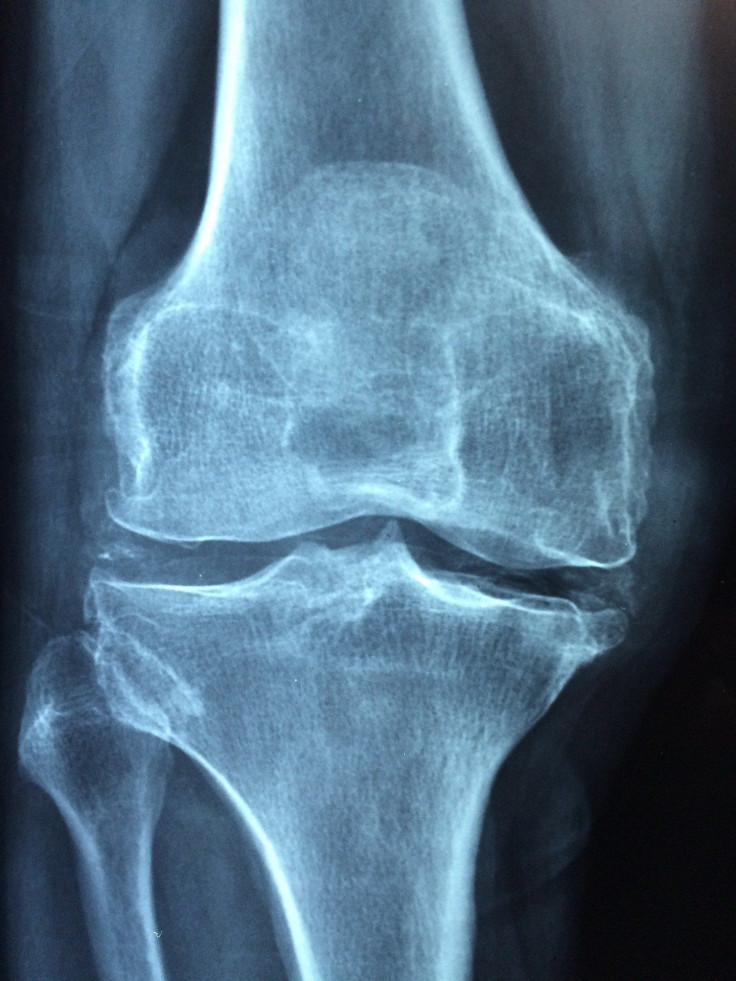New Artificial Cartilage Gel Strong Enough To Replace Damaged Knee Tissue
KEY POINTS
- The material that best matches natural cartilage was discovered by the experts at Duke University, North Carolina
- The newly discovered hydrogel has the strength and modulus of the natural cartilage in both compression and tension
- The hydrogel performs better than other currently available hydrogels
About 790,000 knee replacements take place in the United States every year, with about one-third American adults, above 45 years of age, suffering from some type of knee pain. In what appears to be a long-awaited breakthrough in the area, researchers might have finally developed a material that best matches the natural cartilage.
The experts at Duke University, North Carolina, have set out to make the first hydrogel that mimics the mechanical properties of cartilage. Natural knee cartilages have several functions in the human body such as reducing friction, acting as a cushion between joints, holding bones together, etc.
The newly discovered hydrogel has the strength and modulus of the natural cartilage in both compression and tension. The main ingredients are water-absorbing polymers where one polymer, made of spaghetti-like strands, is intertwined with another polymer that is more basket-like and less flexible. Yet another polymer, which comprises cellulose fibers, holds everything together like a mesh.
The hydrogel has enormous potential when it comes to stretching and squishing and also performs better than other currently available hydrogels. The new hydrogel worked as well as the porous titanium material, used in bone implants, during a test of 100,000 repeated pulls.
"Only this combination of all three components is both flexible and stiff and therefore strong," Science Alert quoted materials scientist Feichen Yang, from Duke University.
When rubbed against the natural tissue, the new hydrogel was found to be as resistant to wear and tear as the natural one. It was also more durable than the artificial cartilage that’s currently used in big toe operations.
"The hydrogel has the same aggregate modulus and permeability as cartilage, resulting in the same time-dependent deformation under confined compression. The hydrogel is not cytotoxic, has a coefficient of friction 45% lower than cartilage, and is 4.4 times more wear-resistant than a PVA hydrogel," said the researchers in their paper published in the journal Advanced Functional Materials.
Getting this new hydrogel approved for use in human beings could take nearly three years. By far they have only tested the non-toxicity of the new hydrogel in lab-grown cells. The next step is to test its safety in sheep models before conducting human trials.
The new hydrogel appears highly promising as an option for people with knee pain. They might someday be able to restore a joint to full working order without long recovery times.

© Copyright IBTimes 2024. All rights reserved.






















